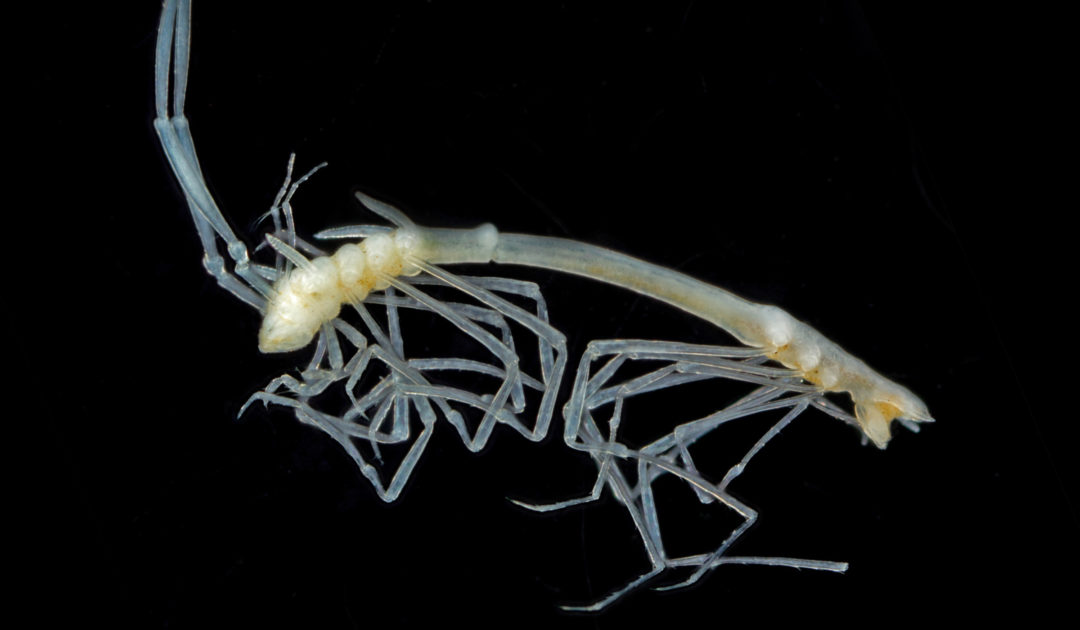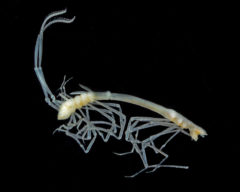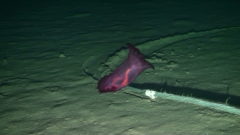The Deep Sea – A Legal Vacuum?
Scientists recommend procedures for the protection of the oceans
Together with an international team, Senckenberg scientist Angelika Brandt has published an inventory of the current knowledge and discussions concerning marine areas beyond national jurisdiction (ABNJ). With regard to urgently needed species protection measures, the researchers’ recommendations include unrestricted scientific access to any samples collected in these areas. Their opinion was recently published in the scientific journal “Frontiers in Marine Science.”
Marine areas beyond national jurisdiction (ABNJ) is a term denoting any areas that do not fall under national jurisdiction. Overall, these areas – often referred to as the High Seas – cover about 40 percent of our planet’s surface and 64 percent of the entire ocean surface, comprising 95 percent of the total ocean volume.
“Nevertheless, there are no uniform protection concepts or regulations for these areas,” explains Prof. Dr. Angelika Brandt from the Senckenberg Research Institute and the Goethe University in Frankfurt, and she continues, “Yet, these ecosystems are increasingly under threat – by global climate change as well as human impact like deep-sea mining.”
Together with a team of international colleagues, the deep-sea researcher from Frankfurt has compiled an inventory of our current knowledge and state-of-the-art approaches regarding the protection of the High Seas.
“We realized that there is not only a lack of standardized framework conditions, but in certain cases regional and international regulations actually contradict each other. For example, the some local fisheries authorities permit deep-sea fishing with large trawls in the South Pacific, even though the United Nations specifically rejects the use of such nets.”
In their paper, Brandt and her colleagues promote the establishment of a global obligation for the usage of standardized sampling procedures as well as improved access to the collected samples from the deep sea for research purposes. “These collections are key to understanding deep-sea ecosystems – and crucial for the implementation of nature conservation plans such as marine protected areas (MPAs). Moreover, future research and conservation are indispensable for the protection of species diversity in the oceans. We need to secure food supply for millions of humans who directly depend on fisheries for their well-being and livelihood,” adds Brandt in summary.


